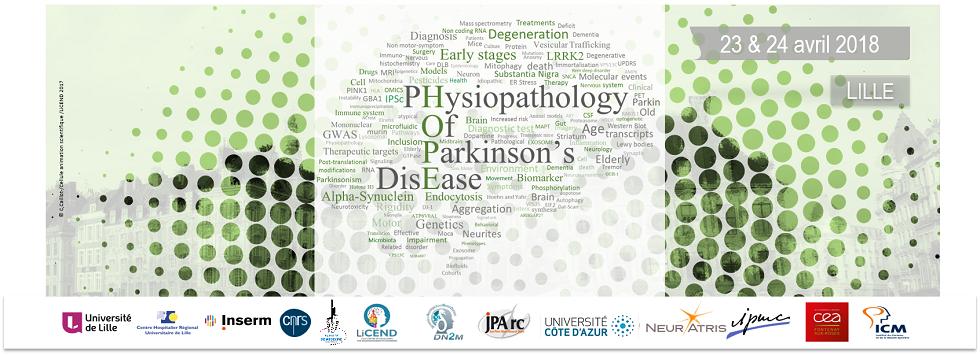Parkinson's disease (PD) is characterized by the specific degeneration of the dopaminergic neurons of the substantia nigra. Autosomal recessive PD forms are caused by mutations in the genes encoding the E3 ubiquitin ligase Parkin (PARK2) and the mitochondrial serine/threonine-protein kinase PINK1 (PARK6). These proteins jointly regulate the autophagic degradation of damaged mitochondria, a process termed mitophagy. Mitophagy is a part of a more global response of the cell to mitochondrial stress, involving the activation of other protective pathways, such as the antioxidant and mitochondrial unfolded protein responses, translational attenuation and mitochondrial biogenesis. These pathways have rarely been studied together, and whether PINK1 and Parkin dysfunction affects them more generally remains to be clarified.
We addressed these questions in primary cortical neurons form wild-type and PARK2 KO mice treated with the protonophore, CCCP, to induce mitochondrial stress. We studied mitophagy by following the clearance of markers of submitochondrial compartments. In parallel, we explored the activation of the other above-mentioned mitochondrial stress response pathways, by following in time the expression profile of key transcriptional regulators involved and their downstream targets using real-time RT-qPCR, and validating key findings by western blot. Our results show that CCCP treatment triggers mitophagy and is accompanied by the global induction of the targeted stress pathways in wild type neurons. In contrast, mitophagy was impaired and the transcriptional profiles of most of the genes studied were altered in PARK2 KO neurons.
Altogether, our studies suggest that neurodegeneration in PARK2-linked PD is caused by the inability of the cell to appropriately respond to mitochondrial stress.

 PDF version
PDF version
